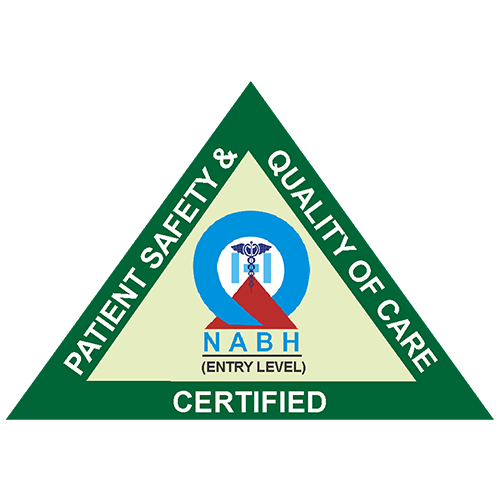Introduction:
Kidney stones, though small in size, can cause immense pain and discomfort. Understanding the triggers behind their formation is crucial for prevention and management. In this blog, we’ll delve into the various factors that contribute to the formation of kidney stones and explore strategies to minimize their risk.
What are Kidney Stones?
Kidney stones are hard deposits that form in the kidneys when certain substances in the urine crystallize and stick together. These stones can vary in size, ranging from as small as a grain of sand to as large as a golf ball. They can cause severe pain when they pass through the urinary tract.
Common Types of Kidney Stones:
- Calcium Stones: These are the most common type of kidney stones and are usually made of calcium oxalate or calcium phosphate.
- Uric Acid Stones: These form when there is too much uric acid in the urine, often seen in people with gout or those who consume a high-protein diet.
- Struvite Stones: These are usually caused by urinary tract infections and can grow quickly and become quite large.
- Cystine Stones: These are rare and are caused by a genetic disorder that leads to the excretion of excessive amounts of certain amino acids.
Triggers of Kidney Stones:
- Dehydration: Not drinking enough water can lead to concentrated urine, increasing the risk of stone formation.
- Diet: Consuming foods high in oxalates, such as spinach, nuts, and chocolate, can contribute to calcium oxalate stone formation. Similarly, a diet high in salt or animal proteins can increase the risk of stone formation.
- Obesity: Being overweight or obese can increase the risk of kidney stones.
- Medical Conditions: Certain medical conditions, such as urinary tract infections, gout, and digestive disorders, can increase the risk of kidney stone formation.
- Family History: A family history of kidney stones can predispose an individual to develop them.
- Medications: Some medications, including diuretics, antacids containing calcium, and certain antibiotics, can increase the risk of kidney stone formation.
Prevention and Management:
- Stay Hydrated: Drinking plenty of water throughout the day can help prevent kidney stone formation by keeping urine diluted.
- Dietary Modifications: Limiting intake of foods high in oxalates, salt, and animal proteins can help reduce the risk of kidney stones.
- Maintain a Healthy Weight: Losing excess weight and adopting a healthy lifestyle can lower the risk of kidney stones.
- Monitor Medications: If you are taking medications that can increase the risk of kidney stones, consult your healthcare provider for alternative options or strategies to minimize risk.
- Regular Medical Check-ups: Regular check-ups with your healthcare provider can help monitor your kidney health and identify any potential issues early on.
Conclusion:
Understanding the triggers of kidney stones is essential for prevention and management. By making lifestyle modifications, staying hydrated, and monitoring your diet, you can reduce the risk of kidney stone formation and promote overall kidney health. If you have a history of kidney stones or are at risk, consult your healthcare provider for personalized guidance and recommendations tailored to your needs.





Mygreat learning I am truly thankful to the owner of this web site who has shared this fantastic piece of writing at at this place.
Real Estate Pretty! This has been a really wonderful post. Many thanks for providing these details.
Real Estate I truly appreciate your technique of writing a blog. I added it to my bookmark site list and will